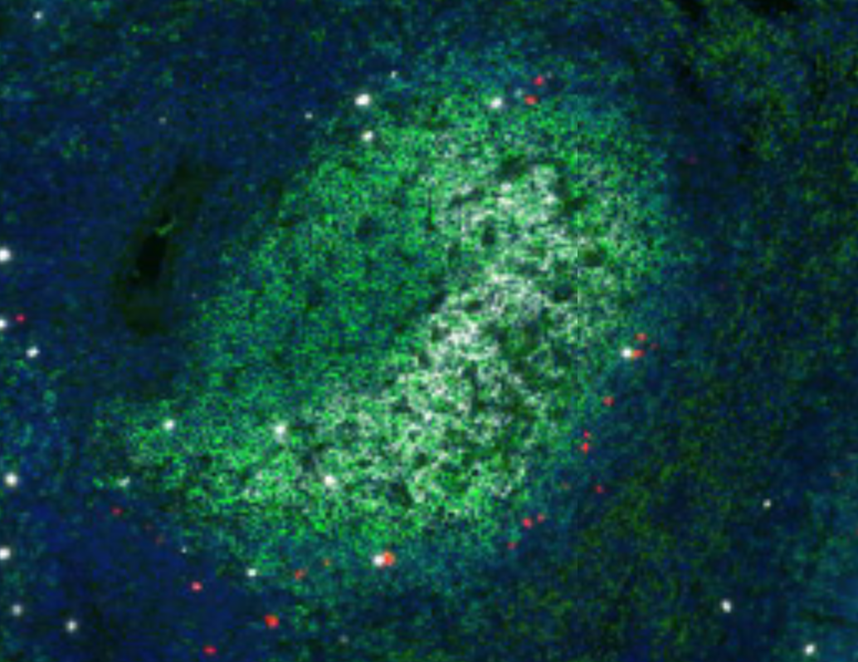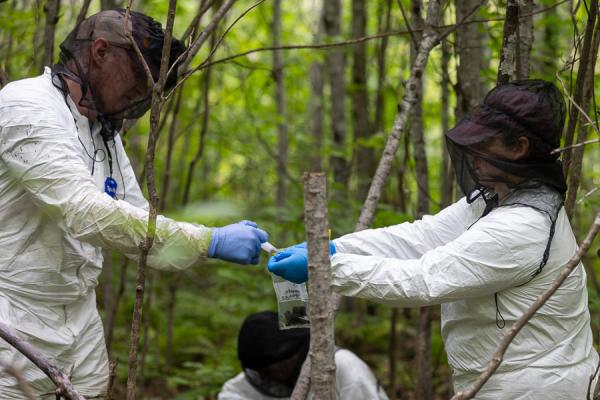Newly funded: After identifying roadblock to HIV remission, study aims to knock it down
June 11, 2021

Researchers and scientists have long sought to develop improved treatments for HIV, with an eye toward achieving long-term, sustained remission of the disease. A project newly funded by the National Institutes of Health and led by principal investigator Pamela Skinner, PhD, aims to do just that. Skinner has identified what the team believes is a significant hurdle to fully suppressing virus replication: that one of the most effective T-cell fighters of the disease exists in too small a number within B-cell follicles in lymphoid tissues, where continued virus replication persists. A primary goal of the project is to deny the B-cell follicles this seeming immune-privilege status. To do this, the team will engineer natural killer (NK) cells to target B-cell follicles in preclinical studies. The five-year project aims to provide greater insight into cell trafficking and the conditions required for NK immunotherapies, and, ultimately, to produce an effective strategy for long-term HIV remission. Skinner’s previous and ongoing work with chimeric antigen receptor (CAR) T cells that target follicles shows great promise in treating HIV. CAR NK cells offer an alternative to CAR T cells, and have potential to lead to an off-the-shelf immunotherapy. Branden Moriarity, PhD, assistant professor in the Division of Hematology and Oncology in the Pediatrics department, joins Skinner as Co-PI. He is an expert in engineering NK and T cells to treat diseases. The study began April 2 and will receive approximately $3.8 million through March 2026.


